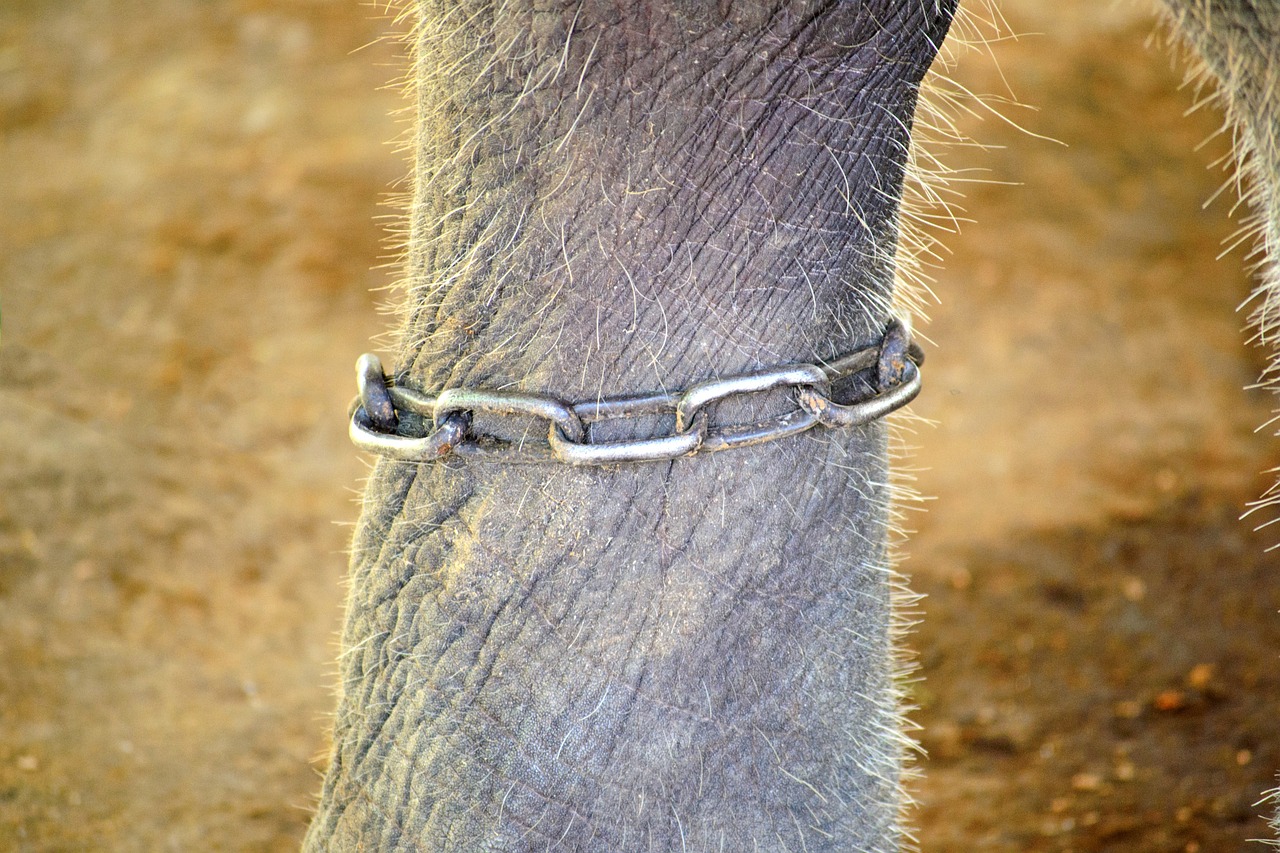Emergency Services: What to Know While in Sri Lanka
Section 1: Hospitals and Medical Services
Sri Lanka offers a range of hospitals and medical services to cater to both residents and tourists. It is essential to be aware of the available options and their locations in case of emergencies. Here are some key points to know:
- Government Hospitals: Sri Lanka has several government hospitals spread across the country. These hospitals provide medical services at affordable rates and are equipped with modern facilities.
- Private Hospitals: Sri Lanka also has numerous private hospitals that offer high-quality medical care. These hospitals often have shorter waiting times and provide a more personalized experience.
- Emergency Numbers: In case of a medical emergency, dial 1990 or 011-2691111 to reach the National Hospital of Sri Lanka, which is the largest government hospital in the country. Additionally, keep a list of emergency contact numbers for private hospitals in your area.
Government hospitals are accessible to all individuals, including foreigners. It is important to note that these hospitals can be crowded, and waiting times may be longer than in private hospitals.
Private hospitals are usually more expensive compared to government hospitals. However, they offer a wide range of specialized services and are well-equipped with advanced medical technology.
It is advisable to have travel insurance that covers medical expenses while in Sri Lanka to ensure you receive the necessary care without any financial burden.
Section 2: Police and Law Enforcement
Understanding the police and law enforcement services in Sri Lanka can be crucial for your safety and well-being. Here are some important points to keep in mind:
- Sri Lanka Police: The Sri Lanka Police is the primary law enforcement agency in the country. They are responsible for maintaining law and order, preventing crime, and ensuring the safety of citizens and visitors.
- Tourist Police: Sri Lanka also has a dedicated Tourist Police unit that assists tourists with any issues they may face during their visit. They can provide information, guidance, and support to ensure a safe and enjoyable trip.
- General Safety Tips: While in Sri Lanka, it is important to take general safety precautions such as avoiding isolated areas at night, securing your belongings, and being aware of your surroundings.
In case of an emergency or if you need to report a crime, dial 119 to reach the emergency hotline of the Sri Lanka Police.
The Tourist Police can be reached by dialing 1912 or visiting their offices located in popular tourist areas.
If you find yourself in an emergency situation or witness any criminal activity, immediately contact the police and provide them with accurate information to assist their response.
Section 3: Fire and Rescue Services
In the event of a fire or any other emergency requiring rescue services, understanding the fire and rescue services in Sri Lanka is vital. Here are some key points to remember:
- Sri Lanka Fire Service Department: The Sri Lanka Fire Service Department is responsible for fire prevention, firefighting, and rescue operations in the country.
- Fire Safety Measures: It is essential to be aware of fire safety measures, especially in hotels, guesthouses, and other accommodations. Familiarize yourself with fire escape routes, fire extinguisher locations, and emergency assembly points.
- Emergency Exits and Evacuation: Pay attention to emergency exit signs and evacuation instructions in public buildings, shopping malls, and other crowded places. Follow the guidance of authorities and move to designated assembly areas in an organized manner.
In case of a fire or emergency, dial 110 to reach the emergency hotline of the Sri Lanka Fire Service Department.
If you notice a fire or suspect a fire hazard, immediately contact the fire department and evacuate the premises following established safety procedures.
Do not use elevators during emergencies and assist others who may require help in evacuating the premises.
Sri Lanka Image 1:

Section 4: Ambulance Services
Knowing how to access ambulance services efficiently can be crucial in emergency situations. Here are some important points to consider:
- National Ambulance Service: Sri Lanka has a National Ambulance Service that provides emergency medical transportation to those in need.
- Private Ambulance Services: Several private ambulance services operate in Sri Lanka, offering specialized medical transportation and services.
- Ambulance Access: Ensure that emergency contact numbers for ambulance services are readily available, especially if you are staying in a hotel or guesthouse.
In case of a medical emergency, dial 1990 to reach the National Ambulance Service. Provide accurate information about the situation and location to ensure a prompt response.
It is advisable to have travel insurance that covers emergency medical transportation to avoid any potential financial burden.
During an emergency, contact the appropriate ambulance service and provide them with the necessary details to facilitate a swift and effective response.
Section 5: Emergency Preparedness
Being prepared for emergencies while in Sri Lanka can help mitigate risks and ensure your safety. Here are some essential tips:
- Travel Insurance: Before traveling to Sri Lanka, consider purchasing travel insurance that covers medical emergencies, trip cancellation, and other unforeseen circumstances.
- Emergency Contacts: Save important emergency contact numbers in your phone and keep a written copy in case of battery or network failures.
- Communication: Familiarize yourself with local communication networks and ensure that your mobile phone is compatible with local SIM cards or roaming services.
- Local Laws and Customs: Educate yourself about the local laws, customs, and cultural norms to avoid any unintentional violations or misunderstandings.
Review the policy details to understand what is covered and how to make a claim if needed.
Include numbers for hospitals, police, fire services, ambulance services, your country’s embassy or consulate, and your accommodation.
Having a reliable means of communication during emergencies is essential for seeking assistance and staying connected with your loved ones.
Respecting the local culture and following the laws can contribute to a safe and pleasant experience in Sri Lanka.
Sri Lanka Image 2:

Section 6: Natural Disasters
Sri Lanka is prone to natural disasters such as floods, landslides, and cyclones. Understanding the risks and how to respond is crucial. Here are some important points:
- Weather Updates: Stay informed about weather conditions by regularly monitoring local news channels, radio stations, or official meteorological websites.
- Evacuation Procedures: Familiarize yourself with evacuation procedures specific to your accommodation, especially if you are staying in coastal areas or regions prone to flooding or landslides.
- Emergency Supplies: Keep a basic emergency kit with essential supplies such as non-perishable food, drinking water, flashlights, batteries, a first-aid kit, and a portable phone charger.
Follow any warnings or advisories issued by the authorities and take appropriate action to ensure your safety.
Know the closest evacuation routes and assembly points, and follow the guidance of local authorities.
Having these supplies readily available can help you during and after a natural disaster when access to basic amenities may be limited.
Section 7: Travel Advisories
Before traveling to Sri Lanka, it is important to stay updated on travel advisories issued by your country’s government or relevant authorities. Here are some key points to consider:
- Government Websites: Visit the official websites of your country’s foreign affairs or travel departments to check for any travel advisories or warnings regarding Sri Lanka.
- Embassy or Consulate: Register with your country’s embassy or consulate upon arrival in Sri Lanka. This will ensure that you receive important updates and assistance in case of emergencies.
Stay informed about the current situation, security concerns, and any specific precautions you need to take.
Embassies and consulates can provide valuable support, including consular services and emergency evacuation if necessary.
Sri Lanka Image 3:

Section 8: Language Assistance
While English is widely spoken in Sri Lanka, it can still be helpful to have access to language assistance services. Here are some suggestions:
- Translation Apps: Download translation apps on your smartphone that can assist with language translation and communication.
- Local Guides: Consider hiring a local guide or interpreter who can assist you with language barriers and provide valuable insights into the local culture and customs.
These apps can be handy in emergency situations or when seeking assistance from locals who may not be fluent in English.
A local guide can also help navigate emergency situations and communicate effectively with local authorities.
Section 9: Tourist Information Centers
Tourist Information Centers can be valuable resources for travelers, providing assistance and information about various aspects of your visit. Here are some key points:
- Locations: Sri Lanka has several Tourist Information Centers located in major cities and tourist destinations.
- Services: Tourist Information Centers can help with accommodation recommendations, transportation options, local attractions, and emergency contacts.
Visit these centers for maps, brochures, travel advice, and any specific information you may require during your stay.
Make use of their services to enhance your travel experience and ensure a smooth journey.
Section 10: Consular Services
If you require consular assistance while in Sri Lanka, it is essential to know how to reach your country’s embassy or consulate. Here are some important points:
- Embassy or Consulate Location: Find out the location and contact details of your country’s embassy or consulate in Sri Lanka.
- Emergency Contacts: Consular services often provide emergency contact numbers that you can use in case of urgent situations.
Keep this information readily available in case you need to seek consular services or assistance.
Save these numbers and reach out to your embassy or consulate if you require immediate help or support.
Section 11: Transportation Services
Understanding the transportation services available in Sri Lanka can help you navigate the country efficiently. Here are some key points:
- Taxis and Rideshares: Taxis and rideshare services are widely available in Sri Lanka, especially in urban areas and popular tourist destinations.
- Public Transportation: Sri Lanka has an extensive public transportation network, including buses and trains, which are affordable options for getting around.
- Emergency Roadside Assistance: Save the contact details of emergency roadside assistance services in case you encounter any vehicle breakdowns or emergencies while traveling.
Ensure that you use licensed and reputable services, and negotiate fares or use meters to avoid any disputes.
Research the routes, schedules, and fares in advance to plan your journeys effectively.
These services can provide immediate help and support to ensure your safety and get you back on the road.
Section 12: References
The information in this article was derived from the following sources:
- Ministry of Health – Sri Lanka: health.gov.lk
- Sri Lanka Police: police.lk
- Sri Lanka Fire Service Department: fire.lk
- National Ambulance Service – Sri Lanka: ambulance.lk
- Foreign Affairs Ministry – Sri Lanka: mfa.gov.lk
- Tourism Development Authority – Sri Lanka: srilanka.travel

